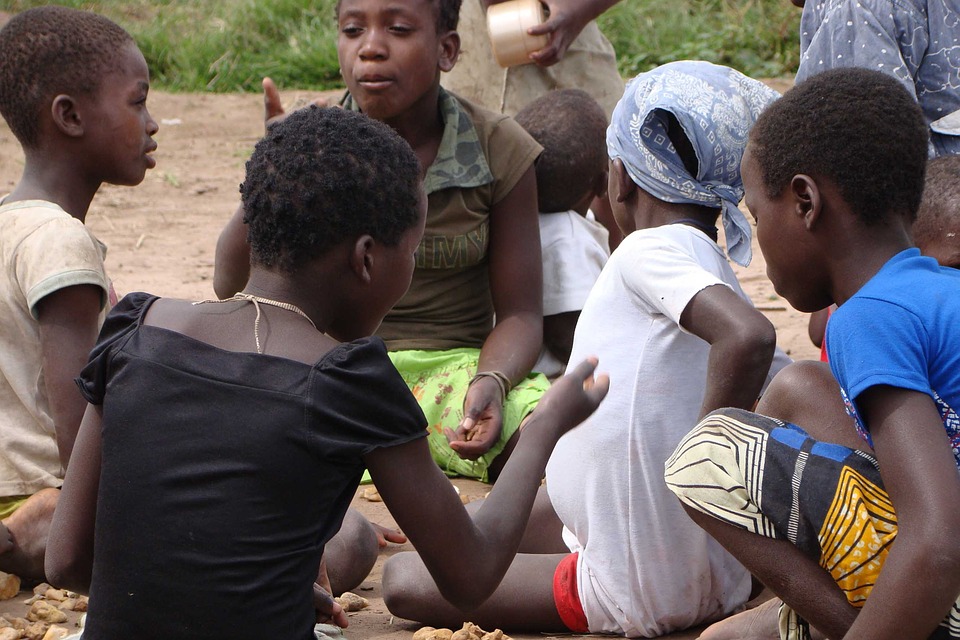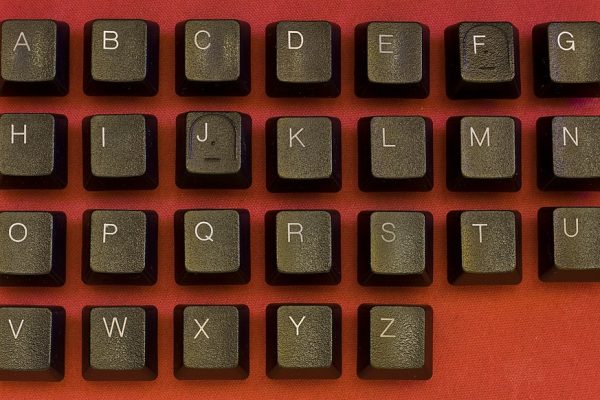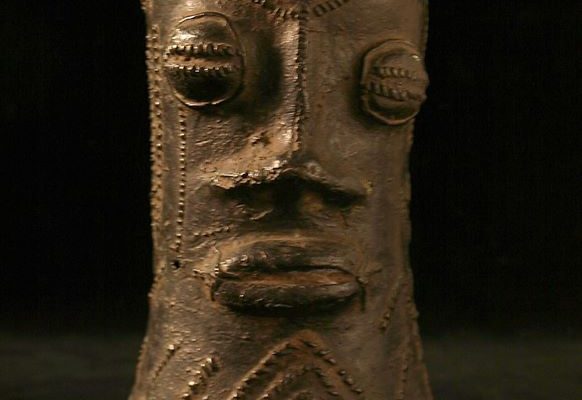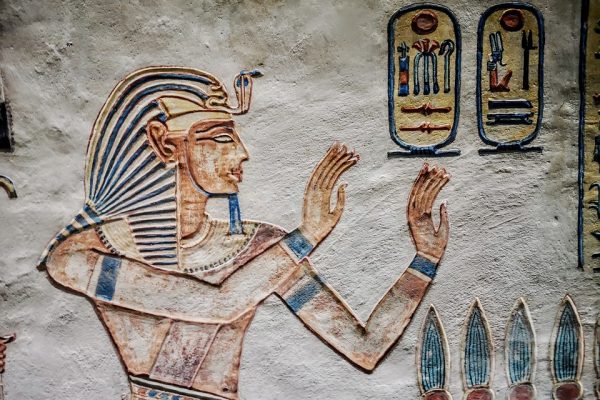THE SEVEN IGALA VOWELS IN DETAIL Igala vowels are not static. Rather, they are highly mobile, as they alter their sounds frequently in speech. For instance, a high-sounding vowel is used when a speaker suddenly realizes that he has mistakenly left something behind; and he exclaims: “Óóó! Ú gbényọ́ọ̀!” (Oh, I forgot). Note that the speaker’s voice pitch is high. The next minute, he is responding to a proposal; and he gives his consent, saying: […]
Igala Grammar: Parts of Speech
A major impediment to in-depth study of African languages is the absence of metalanguages for studying them in schools. This consciousness has elicited a patriotic response from concerned Igala linguists and ‘linguistic engineers,’ who have come together to lay a foundation for the scientific study of Igala language, starting with creating a metalanguage that will facilitate learning. Their first preoccupation was the coinage for the English word, ‘grammar,’ as Ọ̀kpàkpà-Ùkọ̀là (Correct Use of Words). Based […]
The Igala Alphabet
P.A. Ogundipe, C.E. Eckersley and M. Macaulay, co-authors of Brighter Grammar Book 1 (1983), define grammar as ‘the art of putting words in the right places.’ Igala language is richly-structured; and it is spoken with relish and a sense of national pride, In spite of its verbal fluency and poetry, the language is yet to be sufficiently described, as evidenced by the conspicuous absence of an effective Igala equivalent for the English word, ‘grammar,’ hence, […]
A HISTORY OF TWO MONARCHIES
Igala History: Áyẹ́gbà Ọma Ìdoko The biography of Àtá Áyẹ́gbà Ọma Ìdoko is anchored on both oral and written claims by different sources. Oral history has it that his mother was called Ífùnányá and that she hailed from Énúgu Ezìkè, an Ìgbò community across the eastern border where, for over five hundred years, the Igala have had a commanding presence. On his father’s side, he descended from the Àbùtù Ẹ̀jẹ̀ […]
Claims On Igala Origin
ORAL HISTORY The quest for Igala origins gained momentum when European explorers, missionaries and colonial administrators variously carried out investigations about the Igala people; and informants fed them with stories based on oral accounts, as follows: (a) Ígálámẹ̄la Clans According to oral history, the first Igala to arrive the coastal town of Idah were now the Ígálámẹ̄la, the Igala aborigines whose […]





